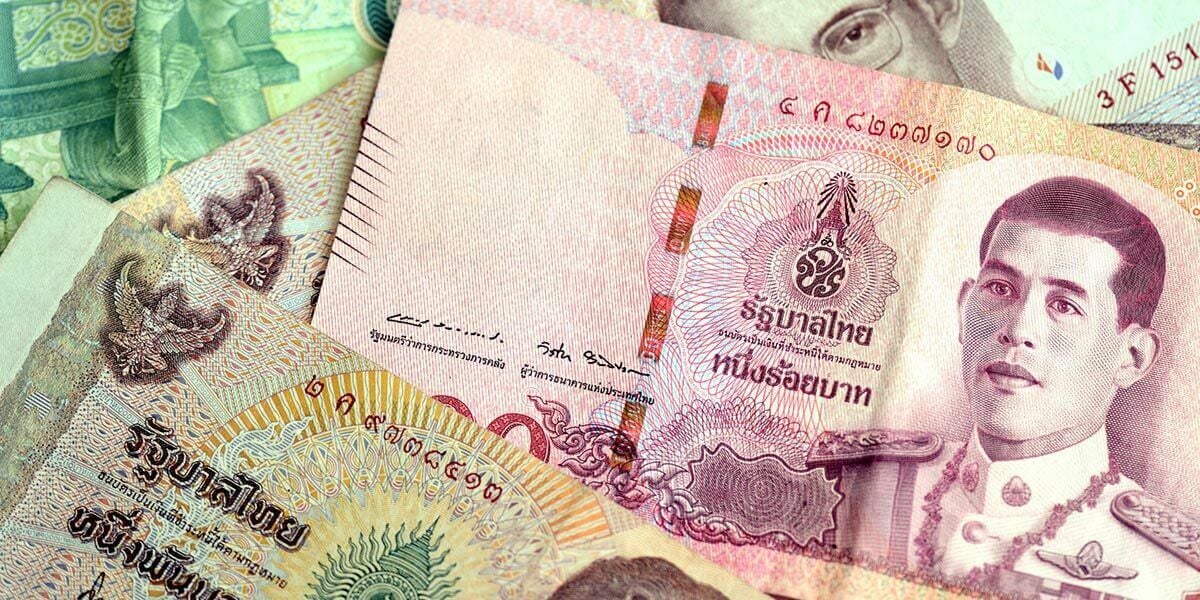Bonding issues: Political turmoil shakes Thai investor confidence

Thailand’s escalating political risks are making foreign investors hesitant about the nation’s bond market, despite a cautious return in May after a six-month break.
In May, global funds bought US$511 million worth of Thai bonds, a notable difference compared to larger acquisitions in Indonesia, India, and South Korea. Comparative indicators of foreign investment show Thailand lagging behind its regional counterparts.
The market risks are being intensified by tensions between the Bank of Thailand and the government. A legal case that could jeopardise the position of Prime Minister Srettha Thavisin, coupled with worries about substantial government borrowing, is already affecting Thai bonds and the baht, said Poon Panichpibool, a strategist at Krungthai Bank.
“This short-term political uncertainty adds some volatility to the market which could prevent foreign investors from buying more Thai assets even if some stocks and bonds are already at quite attractive levels.”
Expectations of US Federal Reserve interest-rate cuts this year, spurred by weaker-than-anticipated US economic data, led to gains in emerging Asian bonds and currencies in May. Despite this, Thai bonds saw minimal benefit as the benchmark yield increased by six basis points during the month, currently hovering around 2.82%, near its highest level this year.
Foreign investment in baht notes remains minimal due to outflows over the past year, standing at 1.1 standard deviations below the five-year average. In contrast, gauges for Indonesia, India, and South Korea indicate stronger foreign positioning in their domestic bonds.
Political tensions
Political tensions in Thailand intensified in May when the Constitutional Court accepted a petition from a group of senators seeking to dismiss Prime Minister Srettha on ethical grounds for appointing a Cabinet minister with a criminal record, despite the minister’s subsequent resignation. Additionally, a royal defamation case against former PM Thaksin Shinawatra, the unofficial leader of the ruling Pheu Thai Party, is contributing to investor anxiety.
Separately, the government is reportedly exploring ways to exert more control over the central bank, raising concerns about the monetary authority’s independence.
Concerns over debt supply are further diminishing the appeal of Thai bonds, particularly as the economy grew at the slowest pace in Southeast Asia in the first quarter. In late May, the government announced plans for a wider fiscal deficit this year and increased public debt to fund a 500-billion-baht digital wallet cash handout in the fourth quarter.
Goldman Sachs remains bearish on Thai rates and currencies, citing expectations of a wider fiscal deficit increasing financing needs this year and next. The bank also anticipates that the substantial Thai-US rate differential and structural issues in the economy will continue to pressure the baht, reported Bangkok Post.
Latest Thailand News
Follow The Thaiger on Google News:


























